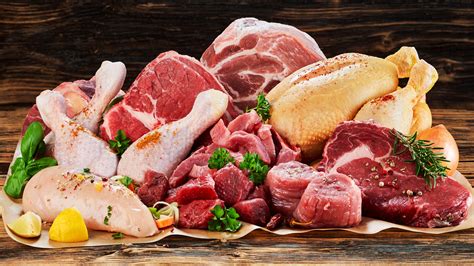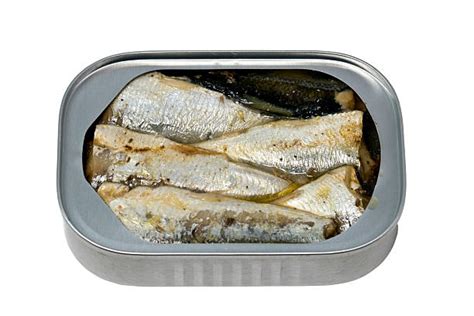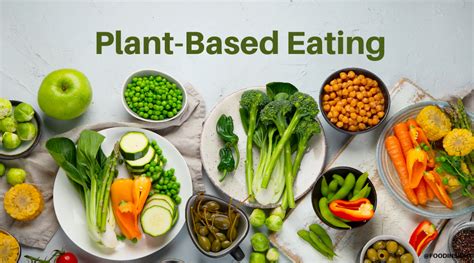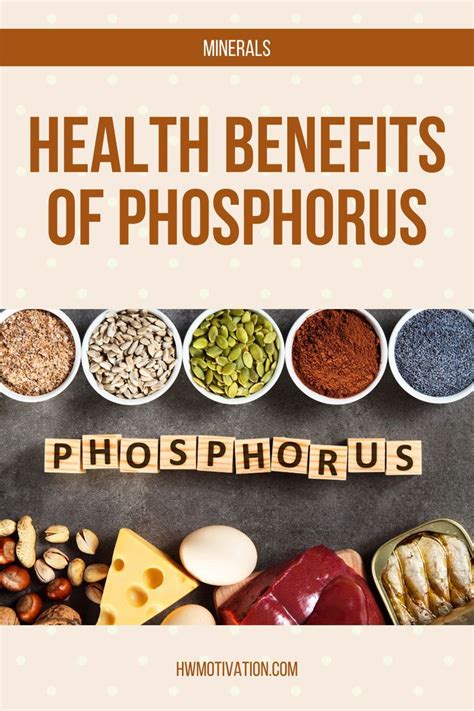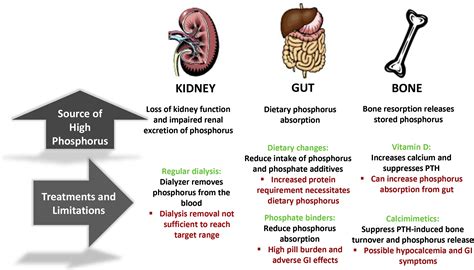Phosphorus is an essential mineral that plays a crucial role in various bodily functions, including the formation of bones and teeth, the production of energy, and the maintenance of healthy cells. While phosphorus is essential for good health, excessive consumption can be detrimental, particularly for individuals with kidney disease or other health conditions. In this article, we will delve into the world of high phosphorus foods, exploring their benefits, risks, and everything in between.
A well-balanced diet that includes a variety of whole foods can provide adequate amounts of phosphorus. However, some foods are naturally higher in phosphorus than others. It is essential to be aware of these foods, especially if you have specific dietary needs or restrictions. High phosphorus foods can be found in various food groups, including meats, dairy products, fish, eggs, and even some plant-based foods. Understanding which foods are high in phosphorus can help you make informed decisions about your diet and maintain optimal health.
The importance of phosphorus in our diet cannot be overstated. Phosphorus helps to build and maintain strong bones and teeth, supports the growth and development of cells, and plays a critical role in the production of energy. Additionally, phosphorus is necessary for the proper functioning of nerves and muscles. With so many vital functions, it is clear that phosphorus is an essential nutrient that should not be overlooked. In the following sections, we will explore the different types of high phosphorus foods, their benefits, and potential risks associated with excessive consumption.
Meat and Poultry High in Phosphorus
Meat and poultry are excellent sources of phosphorus. Foods like chicken, beef, pork, and lamb are not only high in protein but also rich in phosphorus. Organ meats, such as liver and kidney, are particularly high in phosphorus. For example, a 3-ounce serving of cooked chicken liver contains about 300 milligrams of phosphorus. In contrast, a 3-ounce serving of cooked chicken breast contains about 200 milligrams of phosphorus. It is essential to note that cooking methods can affect the phosphorus content of meat and poultry, with grilled or baked options generally being lower in phosphorus than fried or processed meats.
Fish and Seafood High in Phosphorus
Fish and seafood are also excellent sources of phosphorus. Fatty fish like salmon, tuna, and mackerel are not only high in protein and omega-3 fatty acids but also rich in phosphorus. Shellfish, such as shrimp, crab, and lobster, are also good sources of phosphorus. For example, a 3-ounce serving of cooked salmon contains about 250 milligrams of phosphorus. It is essential to note that some types of fish and seafood may contain high levels of mercury or other contaminants, which can be detrimental to health.
Dairy Products High in Phosphorus
Dairy products are rich in phosphorus, making them an excellent addition to a balanced diet. Milk, cheese, yogurt, and eggs are all high in phosphorus. For example, a cup of milk contains about 230 milligrams of phosphorus, while a cup of yogurt contains about 200 milligrams of phosphorus. It is essential to note that some dairy products, such as cheese and milk, may be high in calories, saturated fat, and sugar, which can be detrimental to health if consumed in excess.
Plant-Based Foods High in Phosphorus
While animal-based foods tend to be higher in phosphorus, some plant-based foods are also good sources of this essential mineral. Legumes, such as beans, lentils, and peas, are high in phosphorus. Nuts and seeds, such as almonds, sunflower seeds, and pumpkin seeds, are also good sources of phosphorus. Whole grains, such as brown rice, quinoa, and whole wheat bread, contain phosphorus, although the amounts may vary depending on the type and brand. For example, a 1/2 cup of cooked lentils contains about 180 milligrams of phosphorus.
Benefits of High Phosphorus Foods
High phosphorus foods offer numerous health benefits when consumed as part of a balanced diet. Some of the benefits of high phosphorus foods include:
* Stronger bones and teeth
* Improved energy production
* Healthy cell growth and development
* Proper functioning of nerves and muscles
* Support for kidney function
Risks of Excessive Phosphorus Consumption
While phosphorus is essential for good health, excessive consumption can be detrimental. Some of the risks associated with excessive phosphorus consumption include:
* Kidney damage or disease
* Weakened bones
* Hardening of arteries
* Increased risk of heart disease
* Interference with calcium absorption
Foods to Limit or Avoid
Certain foods are high in phosphorus and should be limited or avoided, especially for individuals with kidney disease or other health conditions. Some of these foods include:
* Processed meats
* Fried foods
* Sugary drinks
* Refined grains
* Foods high in added phosphates
Practical Tips for Managing Phosphorus Intake
Managing phosphorus intake can be challenging, but there are several practical tips to help you stay on track. Some of these tips include:
* Reading food labels carefully
* Choosing whole, unprocessed foods
* Limiting added phosphates
* Cooking at home using fresh ingredients
* Consulting with a healthcare professional or registered dietitian
Conclusion and Next Steps
In conclusion, high phosphorus foods can be a valuable addition to a balanced diet, offering numerous health benefits when consumed in moderation. However, excessive consumption can be detrimental, particularly for individuals with kidney disease or other health conditions. By being aware of the foods that are high in phosphorus and taking practical steps to manage intake, you can maintain optimal health and well-being. We invite you to share your thoughts and experiences with high phosphorus foods in the comments section below. If you found this article informative, please share it with your friends and family, and consider consulting with a healthcare professional or registered dietitian for personalized advice.
What are the benefits of high phosphorus foods?
+
High phosphorus foods offer numerous health benefits, including stronger bones and teeth, improved energy production, and healthy cell growth and development.
Which foods are high in phosphorus?
+
Foods high in phosphorus include meat, poultry, fish, seafood, dairy products, legumes, nuts, and seeds. Organ meats, such as liver and kidney, are particularly high in phosphorus.
What are the risks of excessive phosphorus consumption?
+
Excessive phosphorus consumption can lead to kidney damage or disease, weakened bones, hardening of arteries, and increased risk of heart disease.
How can I manage my phosphorus intake?
+
Managing phosphorus intake can be achieved by reading food labels carefully, choosing whole, unprocessed foods, limiting added phosphates, cooking at home using fresh ingredients, and consulting with a healthcare professional or registered dietitian.
Are there any specific foods that I should limit or avoid?
+
Yes, certain foods are high in phosphorus and should be limited or avoided, especially for individuals with kidney disease or other health conditions. These foods include processed meats, fried foods, sugary drinks, refined grains, and foods high in added phosphates.
